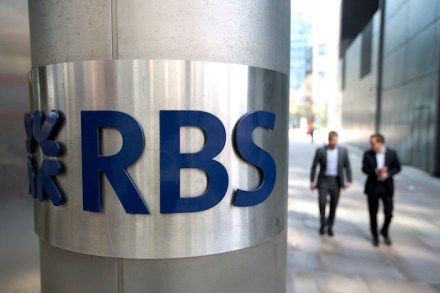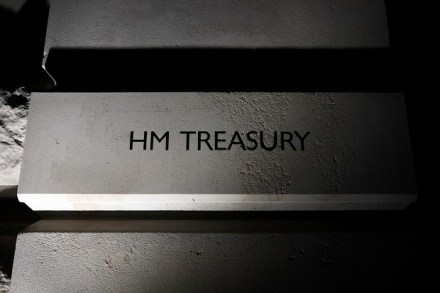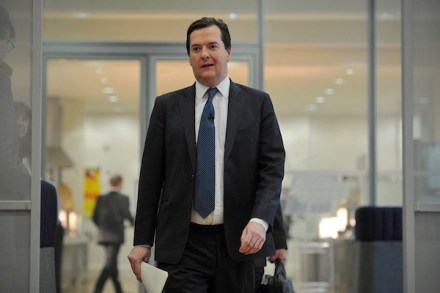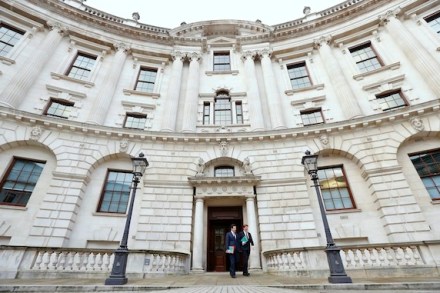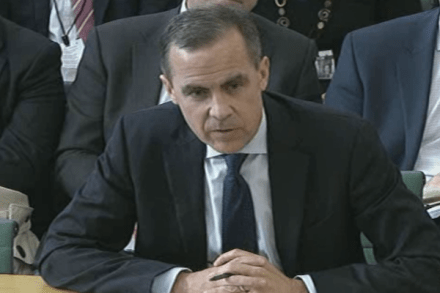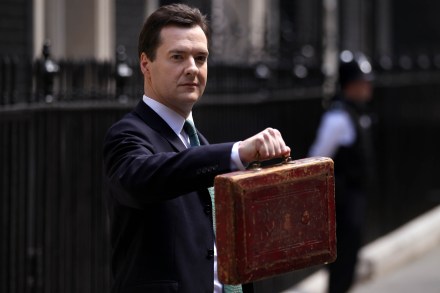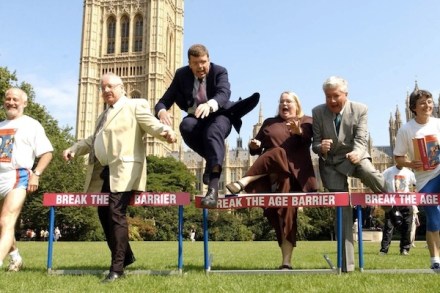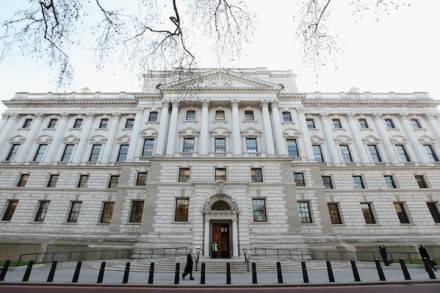How our company was nearly bullied to death by a desperate RBS
‘So RBS say we are in breach of our loan agreement?’ asks the chairman, looking at me over his glasses in that way he has. We have arrived at that moment when we cease to be ignorant of the finely crafted double-speak involved in dealing with RBS. How, in skilled hands, a loan agreement can become a loan removal agreement; how an ‘arrangement fee’ can become an ex-gratia donation to the bank as things are disarranged; and don’t get me going on the ‘commitment fee’. We paid all these costs and thought them worthwhile for a seven-year €40 million facility from a reputable lender, and it was cheaper than equity
